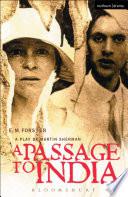
“Life never gives us what we want at the moment that we consider appropriate.”
Variant: Adventures do occur, but not punctually. Life rarely gives us what we want at the moment we consider appropriate.
Source: A Passage to India
